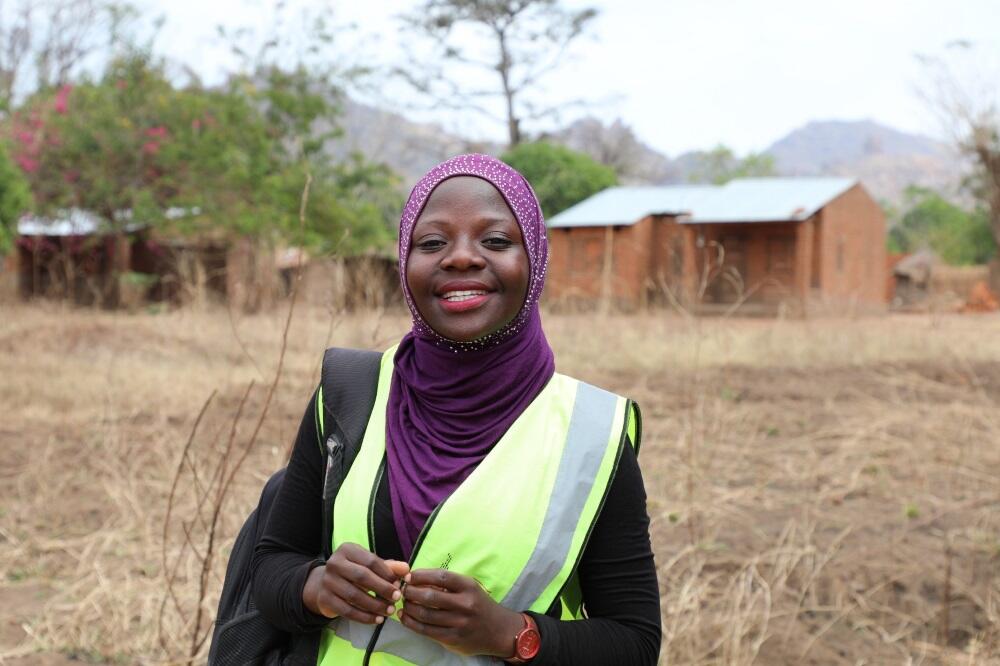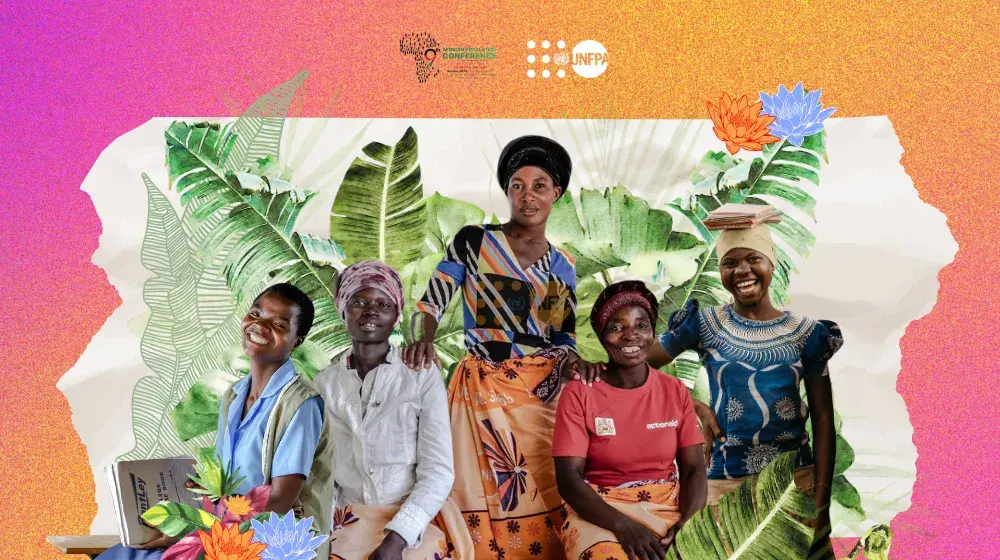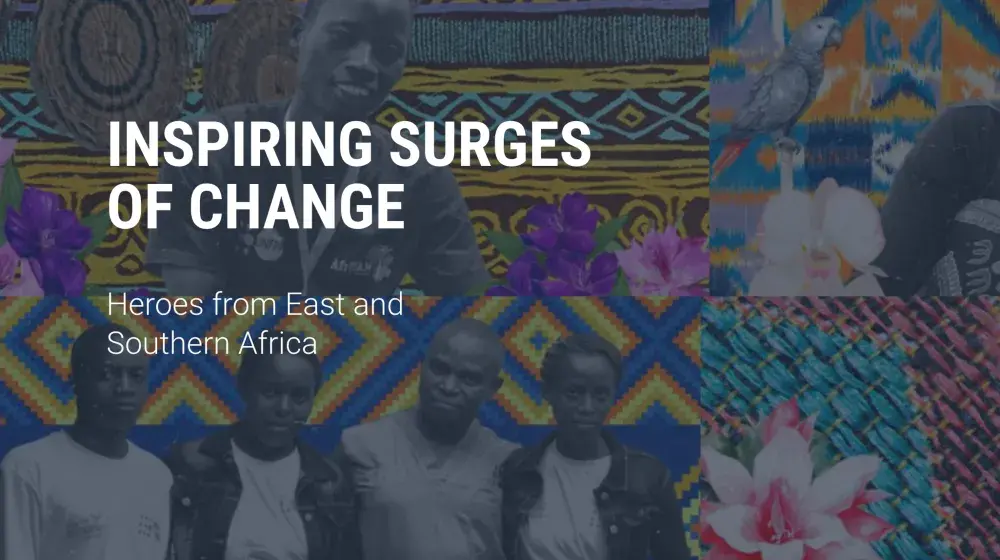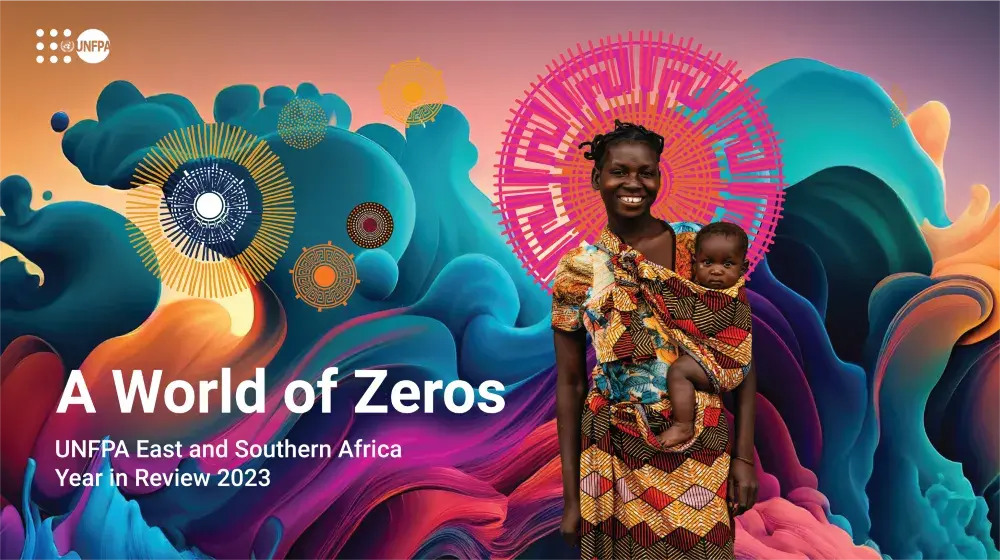LILONGWE, Malawi—Malawi has begun its 2018 Population and Housing Census, using tablets rather than a paper-based questionnaire to collect data, in its first-ever digital census undertaking.
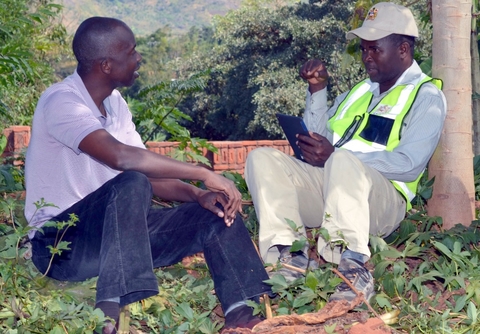
census field staff ever engaged to collect the data. © UNFPA
Malawi/Henry Chimbali
This is Malawi’s sixth census. Themed “Be Counted – Leave No One Behind”, the exercise is being supported by various partners, including UNFPA, and will run for 21 days.
The first census, conducted in 1966, counted 4 million people. Further censuses were carried out in 1977, 1987, 1997 and 2008.
Without accurate data on the number of people, their distribution and their living conditions, policymakers do not know where to invest in schools, hospitals and roads. Those most in need remain invisible.
Why data gathered by a census is critical for development
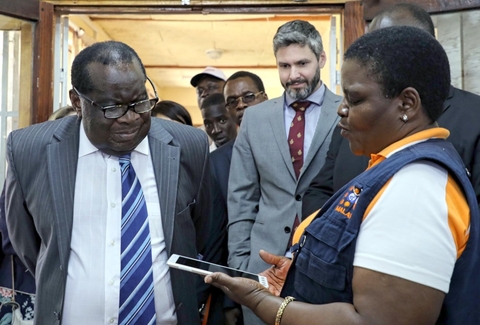
Gondwe (left), Malawi's Minister of Finance, Economic Planning and
Development and David Beer (centre), DFID Country Director, how
the tablets will be used during the census. © UNFPA Malawi/
Leticia Nangwale
Census-taking involves the collection of demographic, economic and social data and information on all those who live in the country.
“The information generated by a population and housing census is critical for development,” said Young Hong, UNFPA Representative for Malawi. “Without accurate data on the number of people, their distribution and their living conditions, policymakers do not know where to invest in schools, hospitals and roads. Those most in need remain invisible.”
In 2017, the National Statistics Office (NSO) begun preparations for the 2018 Census, which has the largest number of temporary census field staff ever engaged to collect the data. The undertaking involves enumerators, field supervisors, control centre supervisors, and district supervisors.
Mobilizing communities to take part in census
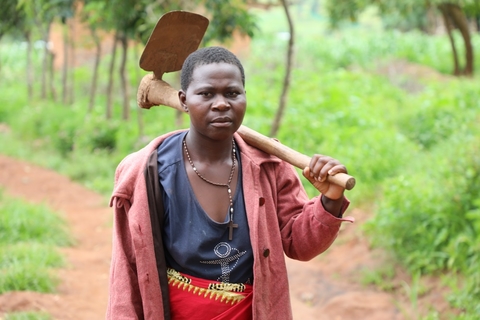
the census. © UNFPA Malawi/Henry Chimbali
After day one of the enumeration, members of the community have expressed their satisfaction. “I have been counted,” said Cyrus Bengo, commenting on the 201 Census facebook page.
A census publicity and public education campaign was launched in June and various groups of people were subsequently engaged, including community leaders, to mobilize communities to take part in the census.
The 2018 Population and Housing Census has been supported by USAID, UKAID, United Nations in Malawi, GIZ, Government of Norway, People’s Republic of China and Standard Bank of Malawi.
By Henry Chimbali

